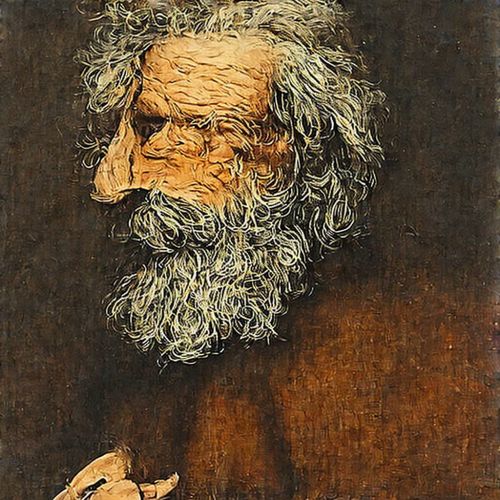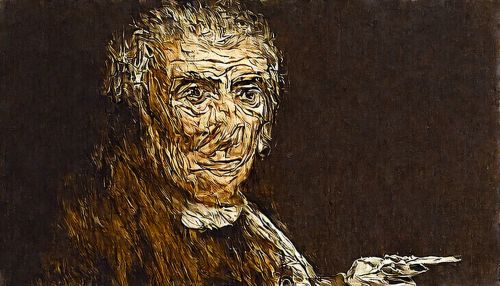Jean de La Fontaine
Early Life
Jean de La Fontaine was born on July 8, 1621, in the town of Château-Thierry, located in the region of Picardy, France. His father, Charles de La Fontaine, was a government official, while his mother, Françoise Pidoux, hailed from a wealthy family. La Fontaine's early education was provided by the local clergy, and he later attended the seminary of Saint Magloire in Paris.
Education and Early Career
La Fontaine studied law and worked briefly as a lawyer in Paris before deciding to pursue a career as a writer. His first published work, a translation of the "Eunuchus," a play by the Roman playwright Terence, appeared in 1654. This was followed by a collection of poems, "Adonis," based on a story from Ovid's "Metamorphoses."
Literary Career
La Fontaine's most famous works are his "Fables," published in 12 books between 1668 and 1694. These stories, often featuring animals as characters, convey moral lessons and reflect on human nature. They are known for their wit, charm, and insight into the human condition. Some of the most well-known fables include "The Fox and the Grapes," "The Tortoise and the Hare," and "The Ant and the Grasshopper."
La Fontaine also wrote numerous other works, including plays, novels, and poems. His "Tales and Novels in Verse," published in 1665, contains erotic and satirical stories that were controversial for their time. Despite this, they were popular and helped establish La Fontaine's reputation as a leading literary figure.
Later Life and Death
In his later years, La Fontaine continued to write and publish works, including a new edition of his "Fables" in 1692. He was elected to the French Academy in 1684, a significant honor that recognized his contributions to French literature. La Fontaine died in Paris on April 13, 1695. His fables continue to be widely read and translated into many languages, and his influence on French literature is profound.
Legacy
La Fontaine's fables have had a lasting impact on literature and culture. They have been translated into numerous languages and adapted into various forms, including plays, films, and cartoons. La Fontaine's unique style, characterized by its simplicity, wit, and keen observation of human nature, has influenced many writers and artists.


